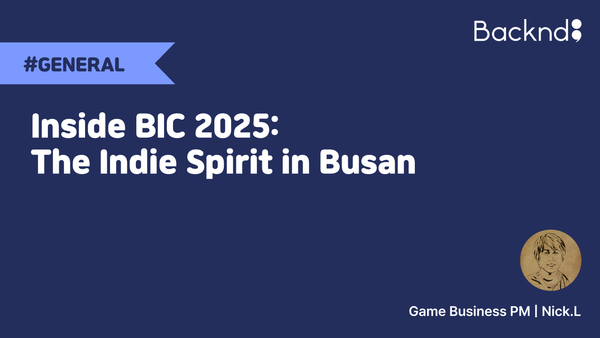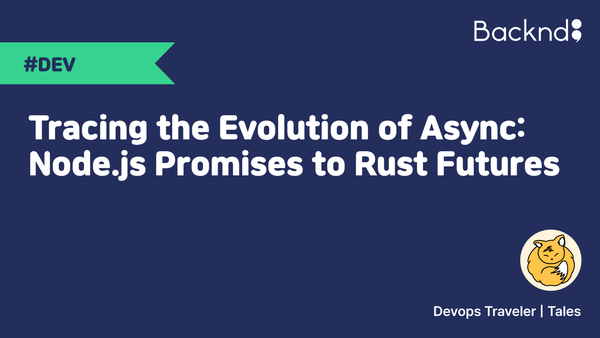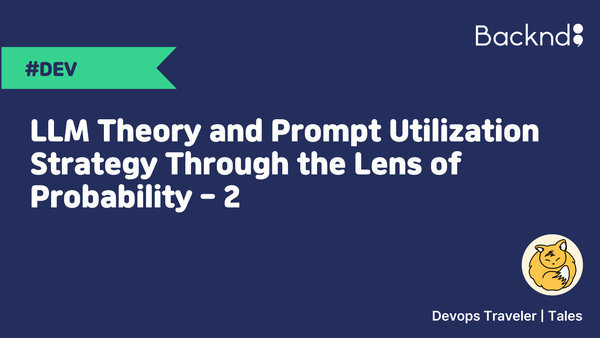A Guide to Entering the South Korean Game Market for Global Developers [Series 3] - Korean Game-Related Laws and Regulations
![A Guide to Entering the South Korean Game Market for Global Developers [Series 3] - Korean Game-Related Laws and Regulations](/content/images/size/w1200/2025/06/------1-1.png)
Written by Finance Person jhin, 27 June 2025
Introduction
The global game industry is growing rapidly, and the laws and regulations surrounding it are becoming increasingly complex. South Korea (hereafter referred to as Korea in this article), alongside regions like Europe and China, is known for implementing strict game regulations.
If you're a global developer aiming to enter the Korean market, understanding and preparing for Korean local regulations is not optional—it's essential.
In this article, we will walk through key elements of the Korean gaming industry's fundamental law, the Game Industry Promotion Act, and highlight the most critical regulatory issues to be aware of.
Table of Content
5 Key Provisions of the Game Industry Promotion Act
- Game Rating System
- Loot Box Probability Disclosure
- Protection for Minors
- Rating Display in Advertising
- Illegal and Gambling Content
Case Studies
- Loot Box Probability Manipulation Scandal
- Steam Games Blocked in Korea
Conclusion
- Is strict regulation necessarily a bad thing?
- Countries with Strong Regulations (e.g., Korea, China, EU)
- Countries with Weaker Regulations (e.g., USA, India, Brazil)
- 🎯 Market Strategy by Regulation Level
5 Key Provisions of the Game Industry Promotion Act
(1) Game Rating System
“A pre-release rating review is mandatory for entry into the Korean market.”
Regardless of the platform—PC, console, mobile, or cloud—all games must be reviewed and rated by the Korea Game Rating and Administration Committee (GRAC).
(Note: While discussions are ongoing about delegating some rating processes to private organizations, this article focuses on the standard procedures.)
Games that are not rated are considered illegal for distribution in Korea.
Even global platforms like Steam can be blocked in Korea if they distribute unrated games to Korean users.
Here's a simplified summary of GRAC's rating guide:
🔗 Link to GRAC
| Category | Permitted for use by all (All ages) | Permitted for use by 12 year olds (12) | Permitted for use by 15 year olds (15) | Not permitted for use by juveniles (19) |
|---|---|---|---|---|
| Anti-social Values | No representation | No representation harmful to under 12 | No representation harmful to under 15 | Representation harmful to under 19 |
| Sexuality, Violence, Language | None | Slight depiction of sexuality, violence, improper language (expletives) | Indirect and restricted depiction of sexuality, violence, improper language (expletives) | Direct and concrete depiction of sexuality, violence, improper language (expletives) |
| Gambling Elements | None | No harmful gambling reproduction for under 12 | Low level reproduction of gambling spirit (arousing excessive gaming money use, or dependence on luck) | Depiction of gambling spirit (arousing excessive gaming money use or dependence on luck; no real monetary gain or loss) |
| Remarks | Educational or moral cultivation content | Independent Rating Classification Business Entity cannot classify 19+ games |
(2) Loot Box Probability Disclosure
“Loot box probabilities must be disclosed.”
Games that include loot boxes must clearly and accessibly disclose the item list, the drop rate for each item, and whether those probabilities can change.
In the EU, countries like the Netherlands and Belgium have classified loot boxes as a form of gambling and either banned or heavily regulated their sale. However, South Korea does not prohibit or restrict the sale of loot boxes themselves.
Instead, to prevent deceptive practices — such as manipulating drop rates or making rare items nearly impossible to obtain — Korea requires developers to display probabilities clearly. This ensures players’ right to know and helps them make informed purchasing decisions.
This disclosure must be clearly visible within the game UI, not just in patch notes or notices.
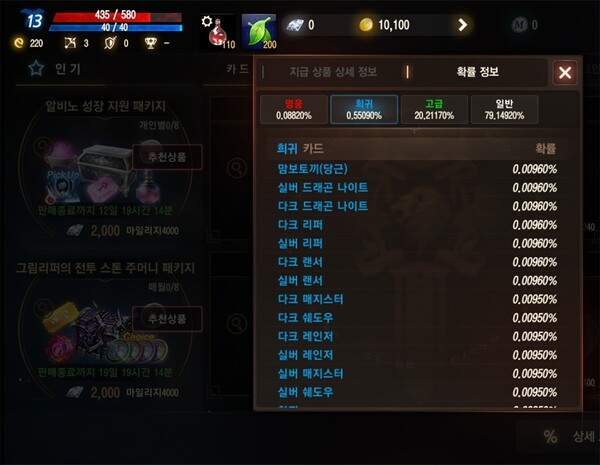
(3) Protection for Minors
“Games rated 'Not Permitted for Minors' come with extra responsibilities.”
If a game receives an adult-only rating from GRAC, it must not be sold, downloaded, or accessed by minors.
Background: Korea’s Former "Game Shutdown Policy"
In the past, Korea implemented a “Game Shutdown Policy” as part of youth protection regulations. Introduced in 2011, this policy emerged from growing concerns about excessive gaming among youth in the early 2000s. As part of a revision to the Youth Protection Act, it prohibited online game access for users under the age of 16 between midnight and 6 a.m.
(4) Rating Display in Advertising
"Age ratings must be included in all advertisements."
Whether it's a TV commercial, YouTube ad, or app store listing, age ratings and any '18+ content' labels must be clearly displayed in South Korea.
This is part of Korea's broader effort to protect minors from inappropriate content.

(5) Illegal and Gambling Content
"Games with gambling-like mechanics are prohibited."
Games that are considered gambling in nature cannot be registered or rated, and thus cannot be legally released in Korea.
A game is classified as gambling content if it includes:
- Placing a bet involving monetary or economic value,
- The outcome is determined by chance, and
- Economic gain is possible (such as cashing out or exchanging items for value).
Examples include:
- Poker, slot machines, casino features, or any mechanics involving real-money betting
- In-game currency or items that can be exchanged for real money or monetary equivalents
- Systems where loot box items can be resold and are highly likely to be converted into cash
Korea applies the formula cash out = gambling very strictly, with tighter enforcement than in many other countries.
Case Studies
Let’s examine two real-world examples related to the above regulations:
We’ll explore the highly publicized case of NEXON’s MapleStory—one of the hottest issues in Korea’s gaming industry—and a more relatable example involving Steam game restrictions.
(1) Loot Box Probability Manipulation Scandal
In 2021, a major scandal shook the Korean gaming industry.
According to a 2024 official investigation by Korea’s Fair Trade Commission (KFTC), leading developer NEXON was found to have manipulated the probabilities of its loot box item “Cube” in a way that disadvantaged consumers—without disclosing this to the public. [News article]
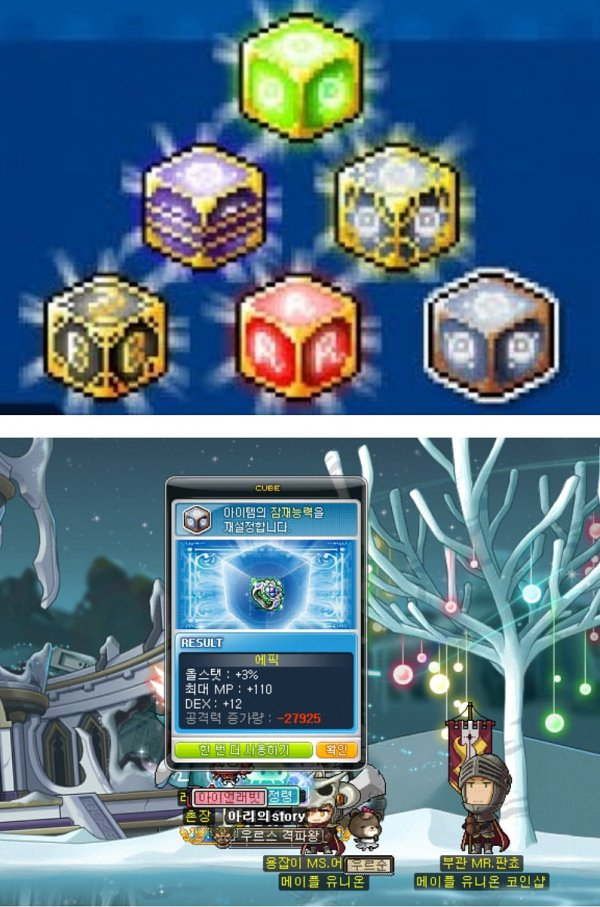
The Cube is part of the item enhancement system in NEXON’s flagship title MapleStory, it had long been infamous as a gambling-like loot box feature that users criticized for its unpredictability and opacity.
The controversy began in 2021 when players suspected that certain popular item options never appeared together when using items like Flame of Rebirth and Cube. In response, NEXON selectively disclosed some of the probability data in an attempt to calm the backlash.
However, a user eventually filed an official complaint with the Korea Fair Trade Commission (KFTC), and after a three-year investigation, the case of NEXON’s manipulation of loot box probabilities was finally concluded.
The investigation revealed that since 2010, NEXON had repeatedly altered the probability logic and option appearance rates of its “Cubes” while continuing to sell them as in game purchasable items—without disclosing these changes. More critically, the company intentionally lowered the chances of certain popular options appearing or made them mutually exclusive, while falsely claiming that there had been no changes to the item’s functionality.
As a result, NEXON was found in violation of Korea’s E-Commerce Act and was issued a corrective order along with a fine of KRW 11.6 billion (approximately USD 8.7 million). This marks the largest penalty ever imposed in the history of the Korean game industry.
💡 Takeaway
- Korea has reinforced legal obligations around loot box transparency to protect consumers.
- It’s not just about failing to disclose information—intentional misrepresentation or omission carries significant risks of fines and even criminal penalties.
💡 Note for Game Developers
- When introducing loot box mechanics, you must clearly disclose the probability rates, item lists, and whether odds can be adjusted.
- This disclosure must be maintained not only at the time of launch but also throughout the service lifecycle. Any changes to probabilities must be reported.
(2) Steam Games Blocked in Korea
Being on a global platform doesn’t make you exempt from local regulations.
In 2022, dozens of indie games on Steam were blocked from download within Korea due to non-compliance with GRAC rating requirements.
While Steam operates as a global service, Korean Game Industry Law mandates that all games targeting Korean users must go through official age rating classification.
As a result, games that were offered without going through the proper rating process were deactivated on the Korean Steam store until compliant.
Below are examples from 2022 where games that supported Korean language and were intended for Korean audiences were blocked due to missing age ratings. (Game images omitted in compliance with our internal guidelines 😉)
1. “Orc Massage” and “Incubus”
- Reason: Explicit sexual content aimed at adults
- Action Taken: GRAC determined that providing Korean language support indicated intent to distribute in Korea → Requested regional lock from Steam → Steam complied and blocked purchase and page access for Korean users
2. “Peeping Dorm Manager” and “Fallen Shinobi”
- Reason: Adult content clearly subject to rating rejection
- Action Taken: After gaining attention in the local community, GRAC formally refused rating classification and requested delisting from Steam → Both games banned from sale in Korea
💡 Takeaway
- Even if distributed via a global platform, you are not exempt from local regulations if your game targets Korean users.
- If the developer does not apply for rating classification, distributors or platforms are not responsible and will not do it on your behalf.
💡 Note for Game Developers
- Registering your game on platforms like Steam, App Store, or Google Play does not exempt you from Korea’s rating requirements.
- You must independently apply for and complete the GRAC (Game Rating and Administration Committee) classification process to legally provide your game in Korea.
Conclusion
Is strict regulation necessarily a bad thing?
We’ve now covered the major laws and regulations surrounding Korea’s game industry.
You might be wondering, “Can we really enter such a tough market and operate without risk?” But does strong regulation always mean higher market entry risk?
My answer is, "Not necessarily."
In fact, a well-regulated market can sometimes be more favorable for long-term operations.
Let’s explore how different markets compare based on the strength of their game-related regulations.
1. Countries with Strong Regulations (e.g., Korea, China, EU)
| Category | Characteristics | Cautions |
|---|---|---|
| Game Rating | Legal requirement to receive a rating before release (e.g., Korea’s GRAC) | Rating procedures may delay launch schedule |
| Protection for Minors | Legal restrictions on content for minors and gameplay time (e.g., 19+ labels, optional shutdown systems) | Age verification or parental consent systems must be implemented |
| Loot Box Regulations | Mandatory disclosure of item drop rates, item lists, and whether rates can change | Concealing or manipulating information may lead to fines or suspension |
| Advertising Regulations | Age rating and classification must be clearly displayed in all ads and app listings | Omission may result in penalties or content takedown |
| Gambling Elements | Paid gacha, betting, or any chance-based monetization may be classified as illegal gambling | Real-money-linked systems or betting structures may be banned entirely |
2. Countries with Weaker Regulations (e.g., USA, India, Brazil)
| Category | Characteristics | Cautions |
|---|---|---|
| Game Rating | Voluntary or less stringent rating systems (e.g., ESRB in the U.S., CBFC in India) | Vague age classifications may trigger public backlash or platform restrictions |
| Protection for Minors | Few to no restrictions on playtime or age-based access | Risk of public criticism or policy change due to addiction concerns |
| Loot Box Regulations | No legal obligation to disclose probabilities; left to developer discretion | Lack of transparency may reduce trust or violate app store policies |
| Advertising Regulations | Minimal legal restrictions on in-game or external advertising | Excessive or inappropriate ads may face app store penalties or user backlash |
| Gambling Elements | Weak or no regulation on gacha or monetizable chance systems (e.g., India, Brazil) | Rising controversy over gacha may prompt sudden regulatory shifts |
🎯 Market Strategy by Regulation Level
Countries with strong regulation may pose higher legal entry barriers but offer larger and more trustworthy markets. 👉 Ideal for long-term, stable revenue strategies.
In contrast, markets with weaker regulation allow for easier entry, but carry higher risks around public scrutiny and potential regulatory changes. 👉 Suitable for short-term revenue maximization strategies.
Don’t let legal hurdles stop you. By understanding each market's structure and preparing accordingly, you can find the right market fit for your game and team resources. (And if you ever need support along the way, BACKND is here to help you.😉)
To be continued…
The next post will be the final episode of our “Korean Game Market Guide for Global Developers” series.
In the final series, we’ll wrap things up with a concise checklist summarizing everything you need to know to enter the Korean market — plus a brief look at the latest trends we didn’t get to cover earlier.
See you again soon — stay tuned! 📻
👉 [Read Series 1] Key Features of the Korean Game Market
👉 [Read Series 2] Korean Gamer Trends and Spending Patterns

© 2025 AFI, INC. All Rights Reserved. All Pictures cannot be copied without permission.

![[External Essay] Gamescom 2025 Interactions](/content/images/size/w600/2025/09/------1.png)
